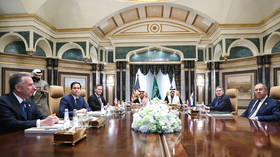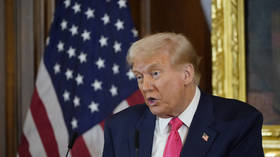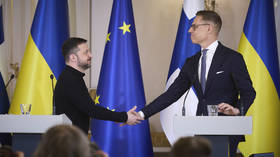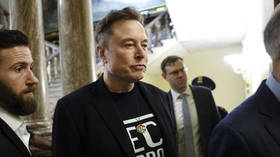War on terror vs. spying on EU: ‘US can’t have it both ways’
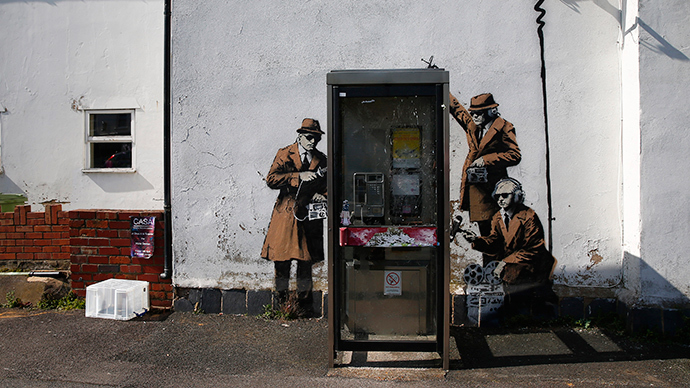
On the one hand the NSA wants all the allies to work with them on the global war on terror, but on the other hand they still want the “old days” when they could spy on other countries with impunity, former MI5 agent Annie Machon told RT.
RT:First a German intelligence employee, now a member of the Defense Ministry. Just how deep into Germany's authorities has the US got?
Annie Machon: To paraphrase British playwright Oscar Wilde, “To lose one secret spy in a week is a misfortune, to lose two is callousness”. I find it interesting because what we are seeing here is a push back from the German state after the scandals of the BND, that the CIA has been involved in hoovering up data mining last year from Snowden’s disclosures with the XKeyscore program, and of course after the huge scandal over the fact that the NSA has been intercepting the calls from Chancellor’s Angela Merkel private mobile phone. I think what we are looking at here is a pushback from the German spies. They are really trying to find out what the NSA; the Americans are doing within their country. And I think they are probably going to find more, this will only be a start of the scale of what the NSA has been doing, not only with one of its key European partners, probably across Europe as well.
RT:What is Washington actually looking for in Germany, its close ally?
AM: There are various protocols in place between allies where you don’t try to subvert each other's intelligence offices, you don’t try to recruit them, and you don’t try to spy on each other. So things are that on the one hand the NSA wants all the allies to work with them on this global war on terror but on the other hand they still want the “old days” when they could spy on other countries and their national sovereignty with impunity. They can’t have it both ways.
RT:The US ambassador has been summoned by Berlin over these two cases. Will Berlin finally take some kind of action?
AM: We probably got to that point. If the embarrassments of the last year with the XKeyscore program and the Chancellor’s phone being intercepted was not enough, surely now these exposures are going to show the Germans need to push back, as it has been reported today that they are going to start spying in retaliatory fashion in order to ensure their own national sovereignty. But it was nice as well to see them really put in place laws and influence the European environment as well to protect all the European citizens' privacy over the internet, over communications because we have enough evidence now from Edward Snowden and from these cases that the US is out control, that NSA is running amok and will continue to infringe the rights of privacy of all we in Europe. We need to ensure that certain laws are put in place that can stop that, and I hope that the European Parliament after all the evidence is taken over the last year, will re-enshrine the recommendations that were put to it in 2001 after the ECHELON scandal which will build a separate infrastructure for Europe, which will ensure that we can use open source software, and free ourselves of this dependency on US cooperate software. So I think that’s a great opportunity, I hope the Germany would seize it.
RT:A recent poll showed half of Germans want less dependency on Washington. Do you think that's linked only to the spying claims?
AM: I think this has been a huge spur to this impetus. Many people in the tech community in Europe have been saying this for decades. The Free Software Foundation has been advocating that we leave more dependency on the US Corporate closed proprietary software. We should ask countries to use open source software so that we could see what’s going on beneath the hood in order to protect our privacies. This would also be great business opportunity for Europe to build up companies, to develop a knowledge base to educate our young. It’s a win-win situation and I hope Germany will see this continuing growth of infringement of its national sovereignty as a spur to encourage their country and the rest of Europe to move away and start using open source [software] to protect our rights as citizens of the EU.
The statements, views and opinions expressed in this column are solely those of the author and do not necessarily represent those of RT.
The statements, views and opinions expressed in this column are solely those of the author and do not necessarily represent those of RT.




